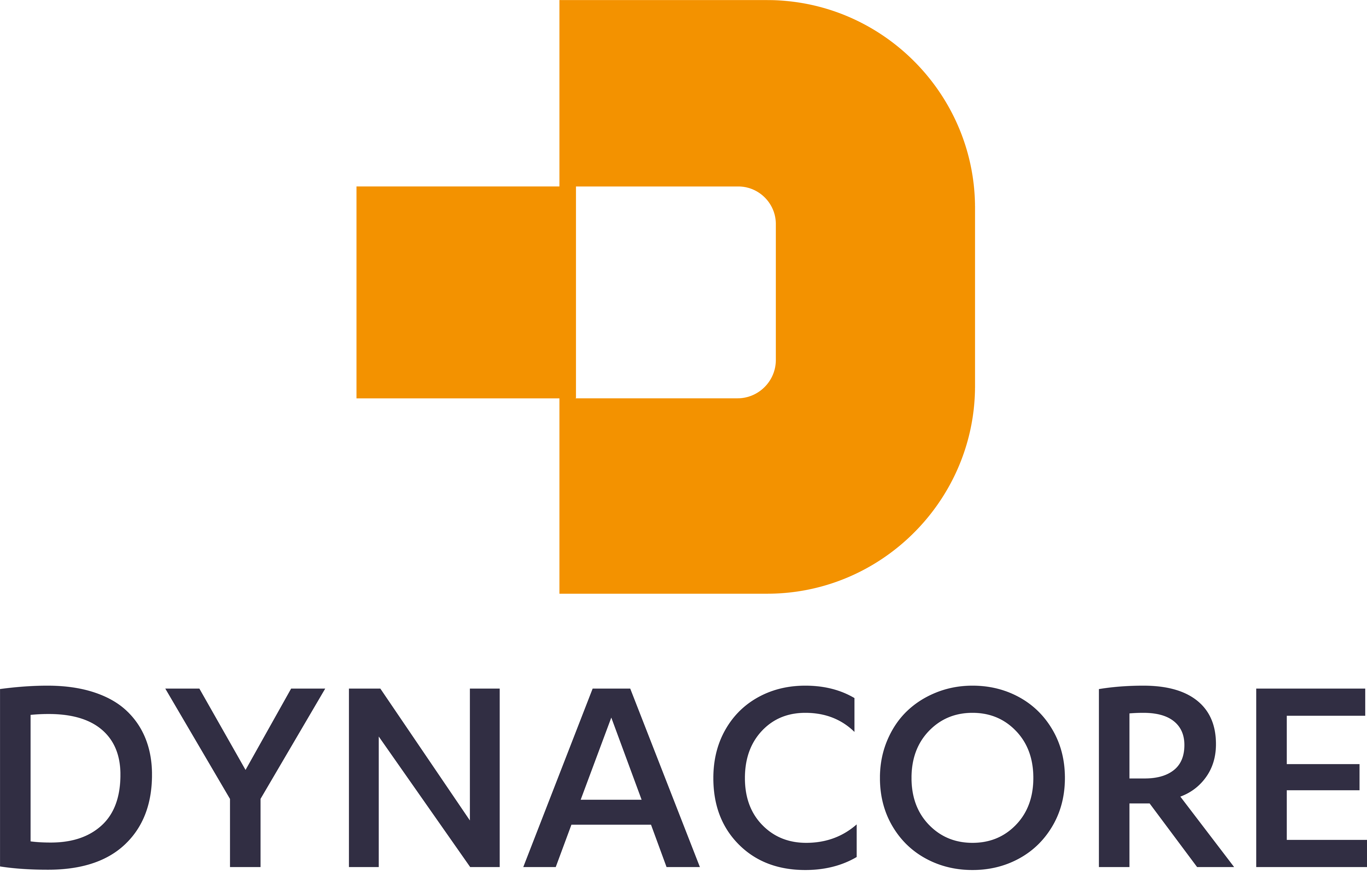Got a great idea for an app? Excellent! You’ve crossed the first hurdle. Before you get started, take time to validate your startup app idea. This will help you hit it out of the park and increase your chances of long term success.
Identify a need and fill it
Every app development project involves a serious investment of time and money. Before you throw weight behind your idea, you’ll want to confirm your market potential.
To start the validation process, we advise our clients to ask the following three questions:
- Is there a market need for my product?
- What problem(s) am I solving?
- What’s my value proposition?
Your answers to these questions will help define your project going forward.
Dynacore tip: while your idea may seem brilliant at first blush, your main challenge is to build an app that appeals to users. You can achieve this by knowing your value proposition and improving the lives of users in tangible ways.
Find your product-market fit
Did you know that about half of all apps are uninstalled within 30 days? You can overcome the likelihood of your app being uninstalled by finding the right product-market fit.
There are many ways to approach this, but we suggest you start by identifying your target user(s), their pain points, and the overall niche you’ll be serving. Take this a step further by developing user personas – archetypal users whose characteristics represent a significant group of your prospective users. You’ll want to know everything about your prospects and the niche you’ll be serving, to ensure you match their needs and expectations.
Always remember: attract and retain the right users and you’ll get traction. Delight those users so much they’ll pay for your product and tell their friends, and you have a business model with legs.
Do your competitive research
If you’re looking to build a consumer-facing app, you’ll definitely want to research the competition. Don’t just make a list – assess the pros and cons of existing apps in the category you plan to target. Check out trending apps by category, as well as popular apps by country to get a sense of the competitive landscape.
Has someone already created an app like the one you’d like to make? Don’t worry, many startup app ideas are already taken, but there’s always room for innovation.
If you discover products similar to the one you imagined, find ways to make yours stand out with different features, better visual design, or improved usability. Differentiate your product from the others and you’ll increase your success factors.
Talk to your future users
Poll, survey, and interview prospective users. If you’re building a consumer-facing app, you can start the process informally on social media, and then move to user interviews. Use a large enough sample size (50 is a good place to start), and include a diverse range of perspectives, to collect representative results.
Document your interviews and look for patterns across the responses. This important data will help you identify the best version of your startup app idea.
If you’re building an internal app for your team, polls and interviews are still a great place to start. Remember: even if you’re building a private app that won’t be marketed to the public, you still need to please your users. Product adoption is never guaranteed, so involve all stakeholders to get buy-in, and make your product easy to use at every turn.
One more thing: your interviewees are also prospective customers, so request permission to add them to your contact list and inform them about your product release date. The subjects of user interviews can often become enthusiastic early adopters who will play an important role in getting early feedback on your product.
Understand your revenue model
How will you monetize your app? You have lots of options for app monetization strategies: paid apps, in-app advertising, subscriptions, in-app purchases, affiliate marketing, and more.
Before picking a strategy, you’ll want to consider how each one fits your users, your business goals, and your product. A trivia app will involve a very different strategy than a weather app or SAAS application.
Successful monetization will also hinge on a solid app marketing plan, so it pays to think early on about how you’ll spread awareness and attract users. You can create buzz with a PR campaign, viral marketing, or by hiring influencers. This is a great opportunity for creative thinking or, if you have the budget and lack the time, hiring an agency.
The goal is to start getting sign ups early. A large mailing list and a robust, engaged social media following are early indicators you have an
Build an early prototype
One of the best ways you can validate your startup app idea is by building a demo version or basic prototype. A prototype is basically a model of your app, without the complexities of backend programming. It typically includes your app’s basic layout, features, and screen designs – enough to convey the product experience.
You can go with a low-fidelity (lo-fi) or high-fidelity prototype, depending on your goals. A lo-fi version shows the basic product flow and a hi-fi version gives you an interactive version of your product, complete with screen designs and connected features.
A well-made prototype can serve you in many important ways. Use it to streamline your design process, attract early adopters, and even pitch to important stakeholders and investors.
Even better, the prototyping process gives you the flexibility to make low-stakes adjustments to your product as you learn about your market. This is a great alternative to building a full-scale app from scratch, and helps you save money and time along the way.
Use your prototype to get honest feedback
One of the prime reasons to build an early prototype is to share it and get early feedback. Show your prototype to your target users and ask for their input. Have them give you their overall impression and identify blocks or points of confusion they encounter when navigating across screens.
We recommend asking open-ended questions to get users’ honest opinions. If possible, have a third party conduct the interviews, or if you must host them yourself, don’t let the interviewees know the app is yours. Some people will only say nice things, if they think you’re the product owner. You want the real experience, not the sugar-coated one.
Dynacore tip: using a prototype to get honest feedback is one of the most powerful ways of validating whether your app idea is valid. Remember to gather feedback from a range of subjects, so you have access to an array of opinions.
The wrap
Explore your idea from every angle and pursue the steps above to validate your startup app idea early on. A robust understanding of your audience, their needs, and how your product will deliver value, will serve you well throughout the life of your app. This increases your prospects for success exponentially.
If you’re interested in building a prototype or you’re ready to get started on a full-scale version of your app, Dynacore can help. Get in touch for a complimentary consultation – we want to hear about your great idea.

